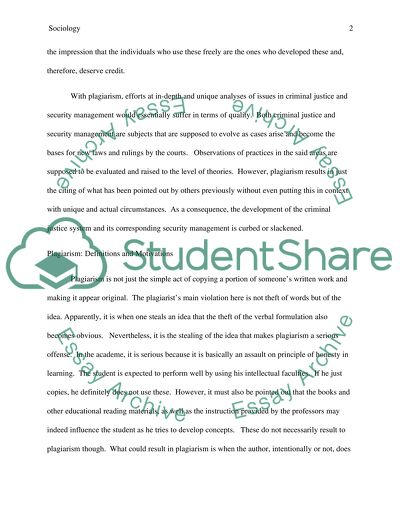Cite this document
(“The Effects of Plagiarism in Criminal Justice and Security Management Term Paper”, n.d.)
The Effects of Plagiarism in Criminal Justice and Security Management Term Paper. Retrieved from https://studentshare.org/sociology/1443308-evaluate-why-plagiarism-undermines-criminal
The Effects of Plagiarism in Criminal Justice and Security Management Term Paper. Retrieved from https://studentshare.org/sociology/1443308-evaluate-why-plagiarism-undermines-criminal
(The Effects of Plagiarism in Criminal Justice and Security Management Term Paper)
The Effects of Plagiarism in Criminal Justice and Security Management Term Paper. https://studentshare.org/sociology/1443308-evaluate-why-plagiarism-undermines-criminal.
The Effects of Plagiarism in Criminal Justice and Security Management Term Paper. https://studentshare.org/sociology/1443308-evaluate-why-plagiarism-undermines-criminal.
“The Effects of Plagiarism in Criminal Justice and Security Management Term Paper”, n.d. https://studentshare.org/sociology/1443308-evaluate-why-plagiarism-undermines-criminal.


